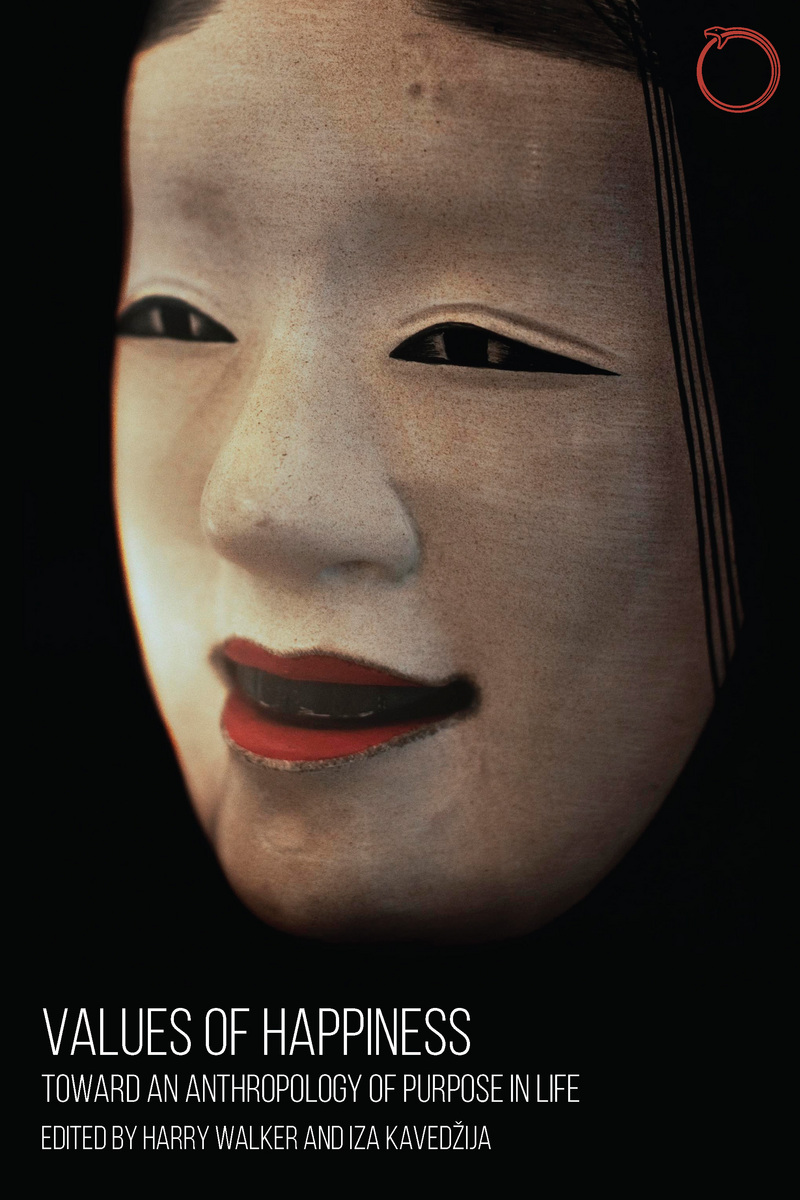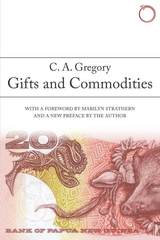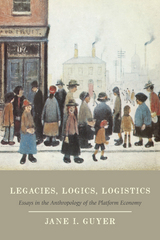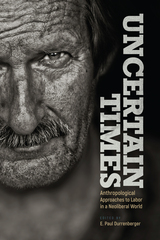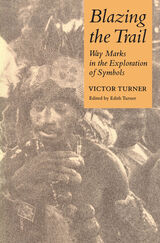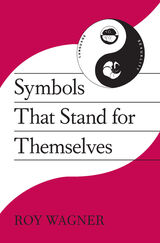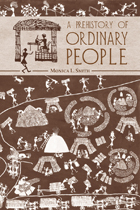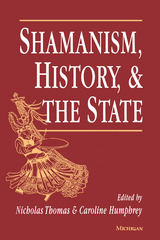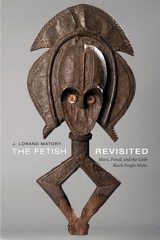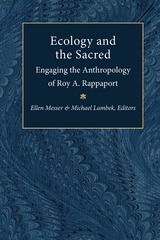Values of Happiness: Toward an Anthropology of Purpose in Life
HAU, 2016
eISBN: 978-1-912808-21-2 | Paper: 978-0-9861325-7-5
Library of Congress Classification GN469.V35 2017
See other books on: Comparative method | Cross-cultural studies | Happiness | Toward | Values
See other titles from HAU
eISBN: 978-1-912808-21-2 | Paper: 978-0-9861325-7-5
Library of Congress Classification GN469.V35 2017
ABOUT THIS BOOK | AUTHOR BIOGRAPHY | REVIEWS | TOC
ABOUT THIS BOOK
How people conceive of happiness reveals much about who they are and the values they hold dear. Drawing on ethnographic insights from diverse field sites around the world, this book offers a unique window onto the ways in which people grapple with fundamental questions about how to live and what it means to be human. Developing a distinctly anthropological approach concerned less with gauging how happy people are than with how happiness figures as an idea, mood, and motive in everyday life, the book explores how people strive to live well within challenging or even hostile circumstances.
The contributors explore how happiness intersects with dominant social values as well as an array of aims and aspirations that are potentially conflicting, demonstrating that not every kind of happiness is seen as a worthwhile aim or evaluated in positive moral terms. In tracing this link between different conceptions of happiness and their evaluations, the book engages some of the most fundamental questions concerning human happiness: What is it and how is it achieved? Is happiness everywhere a paramount value or aim in life? How does it relate to other ideas of the good? What role does happiness play in orienting peoples’ desires and life choices? Taking these questions seriously, the book draws together considerations of meaning, values, and affect, while recognizing the diversity of human ends.
The contributors explore how happiness intersects with dominant social values as well as an array of aims and aspirations that are potentially conflicting, demonstrating that not every kind of happiness is seen as a worthwhile aim or evaluated in positive moral terms. In tracing this link between different conceptions of happiness and their evaluations, the book engages some of the most fundamental questions concerning human happiness: What is it and how is it achieved? Is happiness everywhere a paramount value or aim in life? How does it relate to other ideas of the good? What role does happiness play in orienting peoples’ desires and life choices? Taking these questions seriously, the book draws together considerations of meaning, values, and affect, while recognizing the diversity of human ends.
See other books on: Comparative method | Cross-cultural studies | Happiness | Toward | Values
See other titles from HAU
